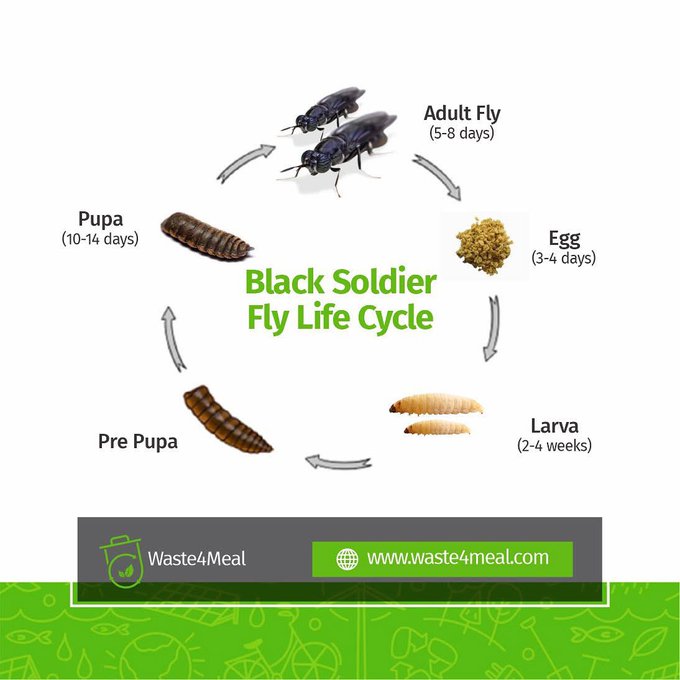MOMBASA, Kenya—Mombasa, a thriving coastal city with a population of 1.5 million, produces over 1000 tonnes of waste per day, with plastic accounting for 9% of that total.
The challenge? Preventing the harmful contamination of our oceans by such waste.
Against this backdrop, the World Wide Fund for Nature-Kenya—carried out the Clean Oceans Project Identification and Preparation (COPIP) experiment on source separation of waste in Mombasa in 2024.
The European Investment Bank’s (EIB) financial support made this noble initiative possible.
WWF-Kenya spearheaded this transformative initiative on sustainable waste management through source segregation in the Mvita sub-county in partnership with Virgin Waste Management Company, among others.
Virgin Waste Management Company paved the way for cleaner communities and healthier oceans by collaborating with more than 100 homes and businesses to sort waste efficiently.
However, the innovation didn’t end there! Virgin Waste Management Company gave organic waste a second life by using Black Soldier Fly (BSF) farming to transform it into sustainable products.
The outcome? Reduced waste, healthy ecosystems, and a developing circular economy benefit the environment, the economy, and people.
How Black Fly Soldier helps transform urban waste into fertiliser
Alvin Okinyi, an organic waste recycler at Virgin Waste Management, said the innovation benefits the local community by helping ensure sustainable farming.
“It is an agribusiness, so their soil is enriched with nutrients. With increased organic fertiliser usage, the crop yield also increases,” said Okinyi.
According to Okinyi, the company receives food waste that is brought in as solid waste.
“We weigh the organic waste before sorting it and then dewater it. After we dewater the organic waste, we shred it. After shredding, we make a bed. This is now what is called a Black Fly Soldier bed,” Okinyi candidly explained.
After the BSF beds, Okinyi explained that they harvest them 10 days after they are ready.
Watch the Black Soldier Fly grow: from tiny eggs to busy recyclers in weeks! Nature’s way of turning waste into value. #wastemanagement #foodsoldiers #waste4meal #foodsecurity #blacksoldierfly #blacksoldierflies #bsffarming #larvae
“We take the pupae and put them in love cages. After the love cages, we harvest the eggs. After that, we extract proteins from the BSF beds. We get nutrients (proteins) and frass. The frass is the one we use later as fertiliser,” explained the expert.
Black fly soldier farming Y News understands that the fly undergoes five stages in its life cycle: egg, larval, prepupal, pupal, and adult.
Breeding, also called the hatching phase, eggs deposited by BSF hatch within 3-4 days into the larval stage; they immediately start feeding on compost consisting of residual waste streams such as organic food waste, market waste, etc.
During this stage, temperature, humidity, and organic wastes are carefully controlled and optimised for larvae growth.
And it is not only Virgin Waste Management that is driving this kind of innovation on the African continent.
Who are the young Africans who are utilizing the Black Fly Soldier
Young Africans like Maya Zaken, Jason Fine, and Everlyne Nekesa are changing agriculture on the continent today; one fly at a time.
For example, Maya came across the BSF when she decided to improve agriculture.
Today, she has capitalised on that fly to create an organic, nutrient-dense, and protein-rich food source perfect for many uses, cutting methane emissions and diverting tonnes of waste from landfills.
Maya says she aims to work with local farmers and households across South Africa to create a circular, sustainable food system using the black soldier fly.
Her project, Philafeed, which is currently based in the heart of Knysna, is a positive upheaval in the world of waste.
Mombasa, Kenya’s bustling coastal city of 1.5 million people, generates more than 1000 tonnes of waste daily—9% of it is plastic. 🌐 The challenge? Preventing this waste from choking our oceans. In 2024, WWF-Kenya with funding from the European Investment Bank (@EIB ),…
Philafeed, a company that Maya and Jason co-founded, is transforming our understanding of food waste into nutrient-rich fertiliser with the help of black army flies.
The company has an easy-to-use yet efficient method. The business gathers food waste from homes, restaurants, and farms and feeds it to black soldier flies.
“Black soldier flies are insects whose larvae eat food waste and convert it into a valuable source of protein and fertiliser, for those unaware,” Maya explains.
They are the natural recyclers that can assist us in addressing many of the issues facing our world.
Why is there a need to change the African continent’s food system
They can also help reduce greenhouse gas emissions, support sustainable farming methods and food security, and boost carbon sinks like insect manure and straw.
Y News understands that a third of all food produced is lost or discarded, which releases methane into the atmosphere.
Agricultural practices account for 25% of greenhouse gas emissions overall. However, Philafeed is developing a fresh substitute.
Maya says, “We are a part of an interconnected web of life. The history of food is the history of humanity.”
Food systems are responsible for more than 25% of greenhouse gas emissions, but food production never ceases.
These youthful Africans believe that if we restore our planet, we must change the continent’s food system to capitalise on its cyclical nature.
Back home, Everlyne Nekesa told Y News that the COVID-19 outbreak inspired her to try her hand at black fly soldier farming.
“I needed to find more affordable and environmentally friendly methods to feed the chicken. On YouTube, I discovered the black soldier fly. This caught my interest since I needed organic waste for my larvae. This marks the beginning of my adventure,” Everlyne said.
Ready-to-be-harvested larvae comprise 40% to 65% protein and other essential nutrients for humans and animals.




